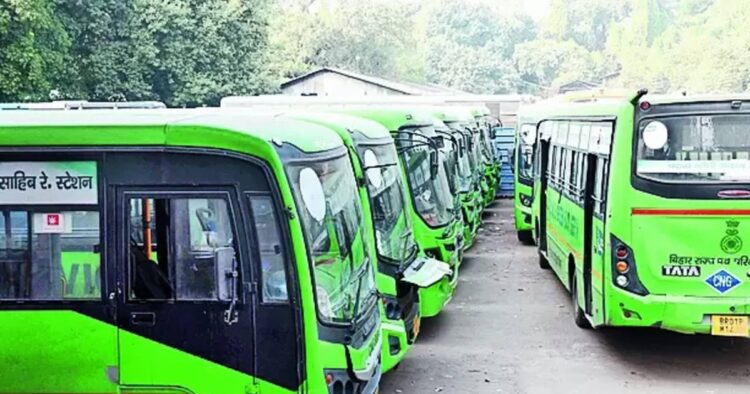In a significant development, transporters and auto-driver associations across Bharat have initiated protests against the recently implemented Bharatiya Nyay Sanhita (BNS), replacing the Indian Penal Code. The law now imposes a stricter punishment on drivers involved in hit-and-run incidents, raising concerns among private transport operators.
Under the BNS, drivers causing serious road accidents through negligent driving and fleeing without informing the authorities may face up to 10 years in prison or a fine of Rs 7 lakh. This marks a substantial increase from the previous punishment of two years under the IPC. However, private transport operators argue that this may discourage drivers and lead to unjust punishments.
Transport association leaders, such as Rajendra Kapoor, President of the All India Motor & Goods Transport Association, expressed dissatisfaction with the lack of consultation before implementing the new law. Kapoor emphasized the need for discussions with stakeholders and claimed that decisions were made without proper consideration.
Kapoor stated, “Our only demand from the government is that the decision should have been taken after having consultations with our stakeholders. There should have been prior meetings and consultations.” He also highlighted the potential risk of mob violence against drivers attempting to transport the injured to hospitals, demanding a repeal of the law.
While protests erupted across states, Kapoor clarified that the organization was not advocating for protests but rather seeking a constructive dialogue with the government. He revealed plans for a virtual meeting with transporters nationwide and a subsequent press conference to discuss their future course of action.
Despite the protests, Kapoor expressed confidence that the government would engage in conversations with their members and consider necessary amendments based on their recommendations. He urged for a solution through dialogue rather than through continued protests.
The demonstrations manifested in various forms, including a ‘chakka jam’ (traffic jam) enforced by private bus and truck drivers in Madhya Pradesh. Similar protests unfolded in the Chhattisgarh capital, Raipur, where bus drivers staged a demonstration against the new central law. The impact even extended to disruptions at petrol pumps in Nagpur, causing long queues due to the ongoing protests.
As the transporters and drivers continue their protests, the nation awaits further developments and potential resolutions through discussions between the concerned parties.

















Comments